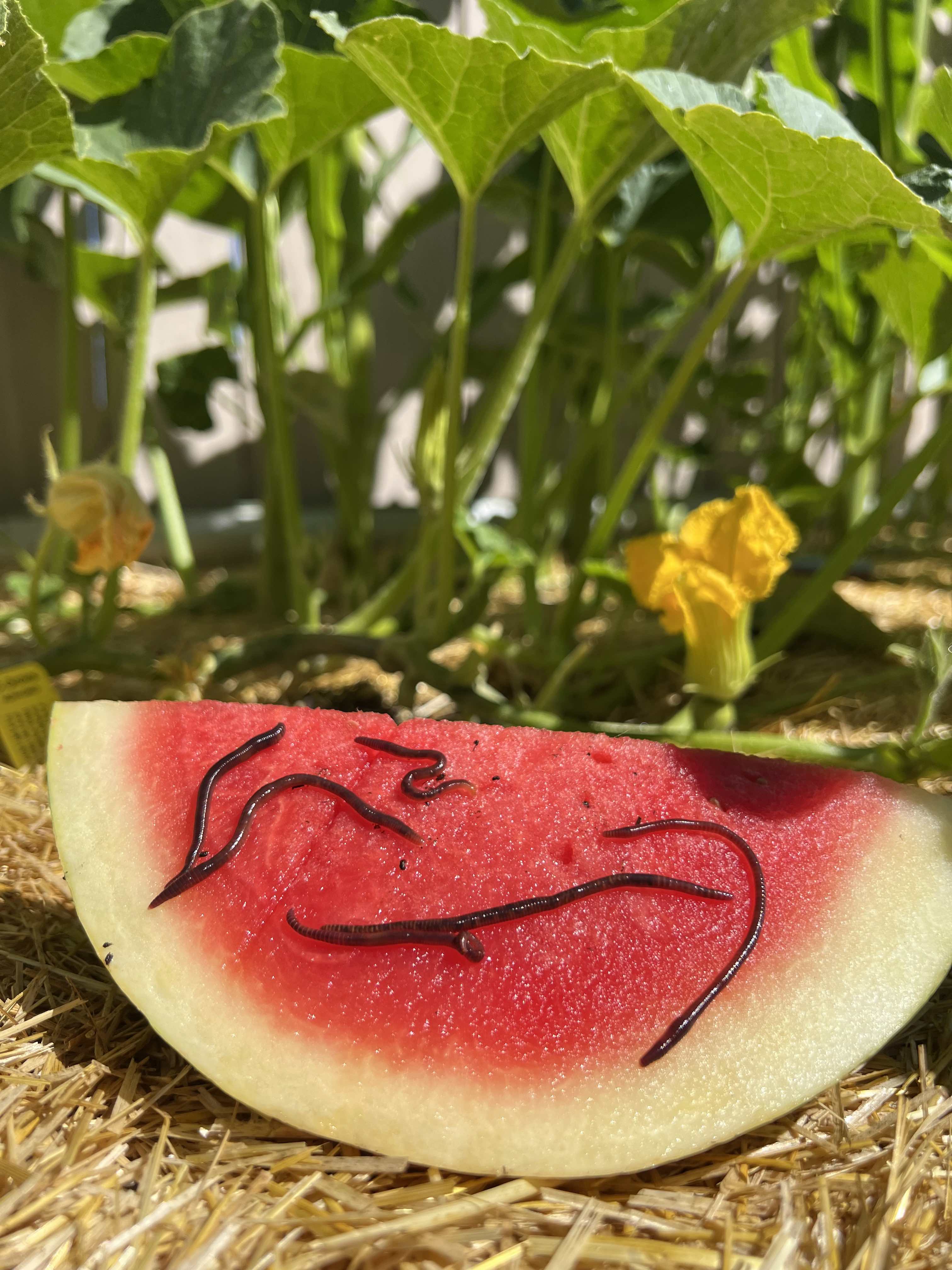A Biased View of Red Wiggler Express
A Biased View of Red Wiggler Express
Blog Article
Excitement About Red Wiggler Express
Table of ContentsRed Wiggler Express for DummiesTop Guidelines Of Red Wiggler ExpressThe Basic Principles Of Red Wiggler Express Red Wiggler Express Can Be Fun For EveryoneLittle Known Facts About Red Wiggler Express.
And the thriving Red Worm populace? Also in the load that was established up straight in front of backyard composters with existing Red Worm swarms.
Lots of ranges, consisting of Red Wigglers, European Nightcrawlers, and Lumbricus species were brought over from the European continent. However here's the thingNative or not - and as talented as they go to having the ability to survive in a wide-range of settings and conditions -. In various other words, they are far more likely to socialize in any active composting systems you have actually established, than they are to roam off and start destroying the setting.
Roots require oxygen for respiration and count on smooth air movement within the soil to flourish. When it rains, soil can become saturated with water, decreasing the oxygen offered and preventing nutrient absorption. To maintain an ideal equilibrium, the soil has to enable water to drain pipes appropriately, leaving sufficient space for air to sustain root health and wellness
Rumored Buzz on Red Wiggler Express

When it involves worms for composting, what enters your mind? If you were an earthworm breeder, supplier, or plain gardener, then you 'd understand that red wiggler worms are the excellent worms for vermicomposting. For more information about these planet marvels, reviewed some of the red worm truths below.
(https://www.fuelly.com/driver/rwigglerexnc)But if they extend their bodies, you'll be able to see the stripes on their skin. When raising worms such as red wiggler worms, you need to be able to know exactly how to make good use of them. When you have the ability to preserve and care for their habitat well, and additionally feed them the right kinds of organic wastes, then they'll have the ability to produce nutrient-packed and quality-rich worm spreadings for you (additionally recognized as worm poop or garden compost).
A Biased View of Red Wiggler Express
So, what do worms consume? Well, these red wriggler worms can be fed with cooking area scraps and garden wastes. So, any type of decaying organic things will simulate veggie and fruit peels, crushed egg coverings, utilized tea bags, coffee grounds, grass trimmings, dry leaves, and others. Make sure not to feed them foods items that are oily, citrusy, or has meat or milk in them.

This behavior makes them well-suited permanently in worm bins, compost heaps, and other restricted spaces where organic waste is plentiful. Developing an ideal atmosphere for red wigglers needs a thoughtful approach. Take into consideration the adhering to vital elements to care for red wigglers in your home and guarantee their wellness: Use a bedding of shredded newspaper or cardboard.

Add a handful of completely dry, shredded paper if the container comes to be also damp. Certainly, they do! Red wiggler worms recreate by laying little, lemon-shaped eggs in protective cocoons. These cocoons are usually deposited in the bedding and hatch into infant worms within a couple of weeks. The rapid recreation cycle of red wigglers is among the reasons they are preferred for vermicomposting.
See This Report about Red Wiggler Express
Their flexibility and durability have actually made them a popular choice for vermicomposting in various regions around the globe. Think about protective steps for extremely extreme temperatures such as: Insulating the worm bin with layers of straw or leaves. Red Wiggler Express.

When taking care of your red wigglers it is necessary to bear in mind to: 1) K.I.S.S (Maintain it Simple) and 2) whatever in small amounts. These rules relate to feeding your garden compost worms, sprinkling your worm containers, and practically whatever else associated with caring for them. Simply keep in mind - you can constantly add more food later (but it's hard to eliminate feed once it's been included in a bin!).
Due to the fact that I fed the red wigglers and garden compost worms excessive, they weren't able to maintain and gradually the older food went uneaten and developed anaerobic conditions that eliminated the worms. The bright side is that there are very basic activities you can take to guarantee this doesn't happen! Below're the 6 golden policies for how commonly and just how much to feed your worms: Regulation # 1: Small amounts! You can always add even more food later.
Our Red Wiggler Express PDFs
Leftover food will certainly cause anaerobic problems that will eliminate your live worms. It is alright to sprinkle a little of their original bedding (which should already be in the bin) over the food, however the food must never ever be hidden and should show up to your eye. Guideline # 5: See policy # 1! Regulation # 6: After the initial feeding, feed the worms 1/3 to 1/2 of their weight.
Report this page